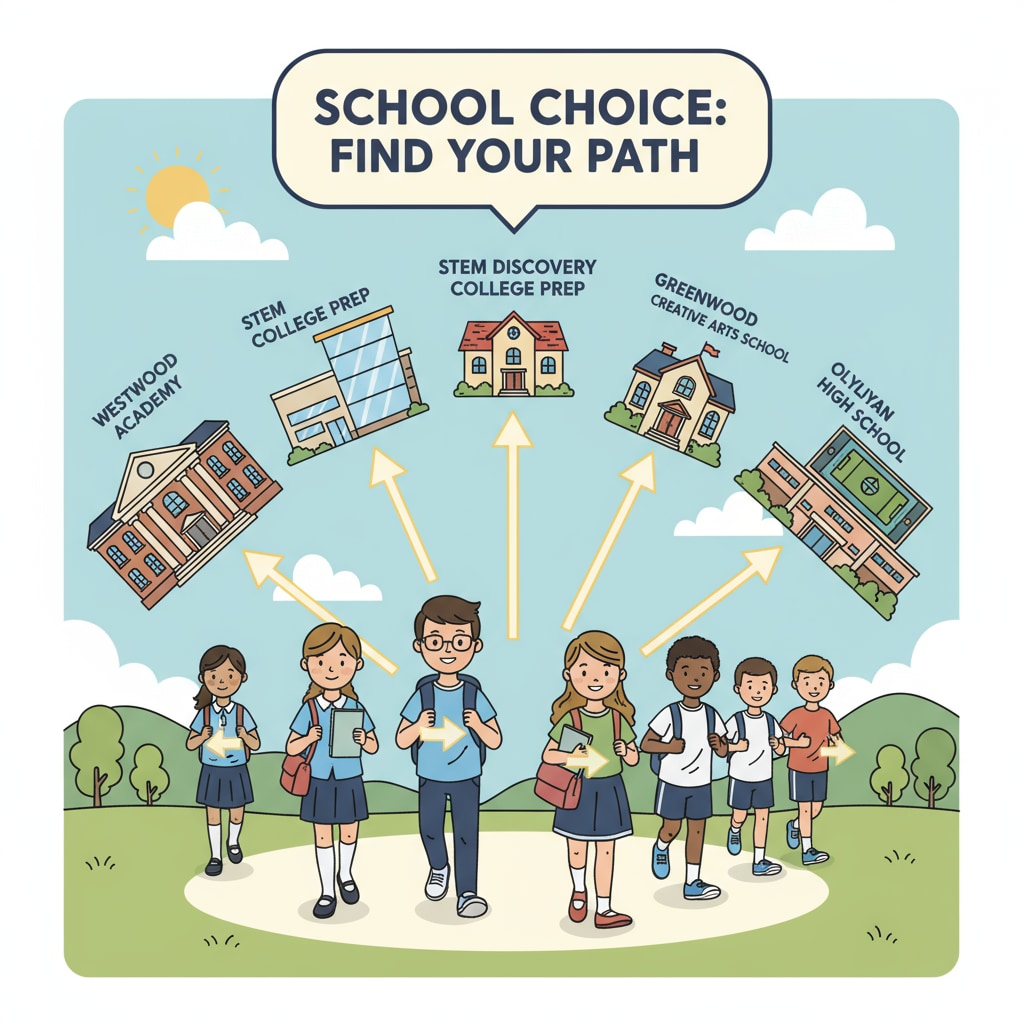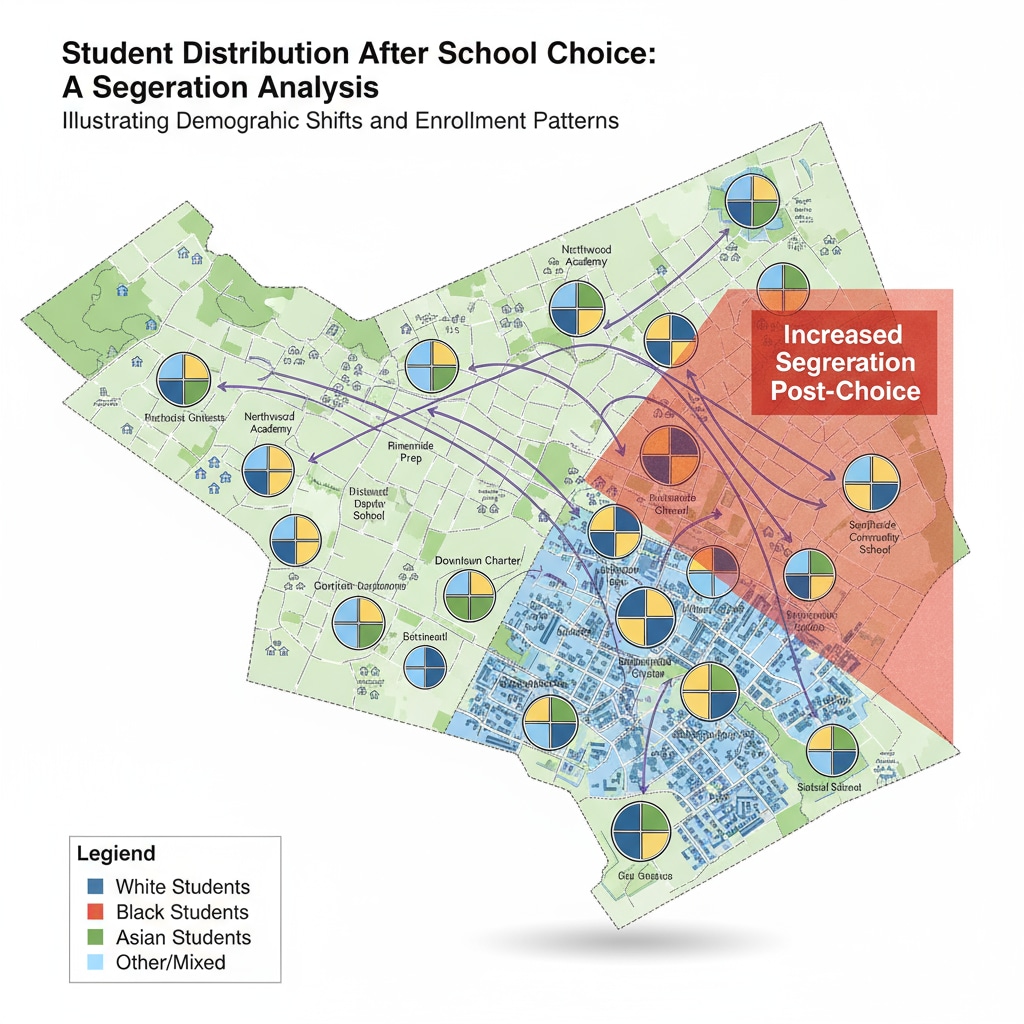In the realm of education policy, the concept of “school choice” has become a hot topic, especially when viewed through the lens of conservatives. The idea of school choice, which allows parents to select the schools their children attend, has been hailed as a revolutionary approach to improving education. However, conservatives have a more nuanced perspective on this seemingly straightforward concept.

The Promise of School Choice
At first glance, school choice appears to hold great promise. Proponents argue that it gives parents more control over their children’s education, enabling them to choose institutions that align with their values and educational goals. This freedom of choice is seen as a way to foster competition among schools, leading to improved academic performance and innovation. For example, in some areas where school choice programs have been implemented, schools have started to offer unique courses and teaching methods to attract students. School choice on Wikipedia
The Conservative Concerns
Conservatives, however, have several concerns regarding school choice programs. One major worry is the potential disruption to community cohesion. In traditional public school systems, students from diverse backgrounds attend neighborhood schools, which helps build a sense of community and social integration. With school choice, there is a risk that students may be sorted based on factors such as income or parental preferences, leading to more segregated schools. This goes against the conservative value of maintaining strong local communities.

Another concern is related to the quality of education. While competition is supposed to drive improvement, conservatives worry that some schools may focus more on attracting students rather than providing a high-quality education. There is a fear that schools may cut corners on important aspects such as teacher training and curriculum development to reduce costs and increase enrollment. Education policy on Britannica
Moreover, conservatives are cautious about the financial implications of school choice. Some school choice programs involve vouchers or other forms of public funding that follow the student to the chosen school. This can potentially lead to financial instability in the traditional public school system, as schools may lose funding if students leave. This, in turn, could affect the quality of education in these schools, especially those serving disadvantaged communities.
Readability guidance: As we can see, the concept of school choice has both its attractions and drawbacks from a conservative perspective. It’s important to consider these factors when evaluating the effectiveness of such programs in the context of education policy. By understanding the conservative concerns, we can work towards finding a balance that respects the values of free choice while also maintaining the integrity of the education system and community cohesion.


